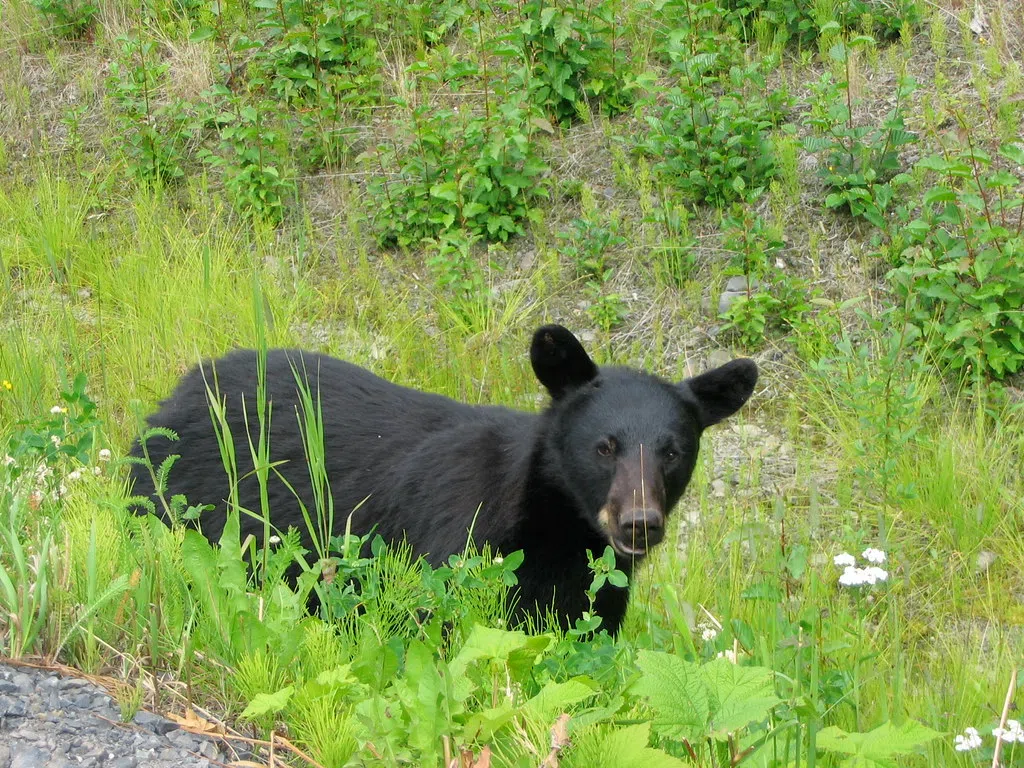Early results from the Wisconsin DNR show harvest numbers fell short of the total quota with 3,802 bears harvested during the 2021 black bear season, which is a drop from the 4,306 taken in 2020, but similar to 2018 and 2019. The 2020 season saw above-average hunter success rates contributing to a higher harvest.
“This fall marked the first season using new harvest zones as outlined in the black bear management plan,” said Randy Johnson, DNR Large Carnivore Specialist. “The reconfigured zones better reflect the bear population distribution across the state and allow a more fine-tuned approach to management based upon conditions in each zone.”
Harvest data indicates Zones A and B in the north and northeastern parts of the state performed well, with hunter success at 62% and 56%, respectively. Zone C located in the central part of the state fell short of its quota, with hunter success a bit lower than expected.
In the northwestern part of the state, the Zone D quota and license levels were increased significantly this fall to reduce the bear population across the zone and agricultural damage issues in the area. Despite only taking 70% of the quota in this zone, the 1,251 bears harvested were the highest harvest numbers have been in at least a decade.
Finally, while neither Zones E nor F in the western and southern parts of the state reached their harvest quotas, the actual number of bears taken in those areas was at or above the normal levels of past years.
Zone-specific preliminary registration information is as follows:
| Zone | Preliminary Harvest | Harvest Quota | Percentage of Quota Harvested | Hunter Success Rate |
| A | 1,227 | 1,100 | 112% | 62% |
| B | 711 | 750 | 95% | 56% |
| C | 484 | 600 | 81% | 16% |
| D | 1,255 | 1,800 | 70% | 34% |
| E | 100 | 160 | 62% | 6% |
| F | 25 | 30 | 83% | 8% |
| Statewide Total | 3,802 | 4,440 | 86% | 32% |
The 2021 bear season had a record number of people apply with 130,000 applicants for a bear hunting license or preference point. “Interest in bear hunting continues to grow in Wisconsin and across the nation,” said Johnson. “With growing demand and a limited number of licenses, we encourage the public to review management zone boundaries and license wait times as they make their hunting plans.”
Hunters wishing to obtain a license or preference point for the 2022 season are encouraged to apply through Go Wild before December 10th.





